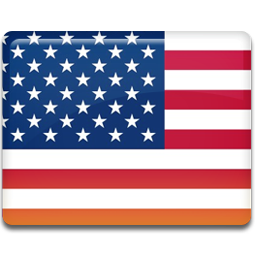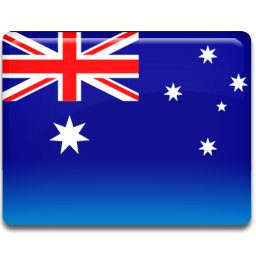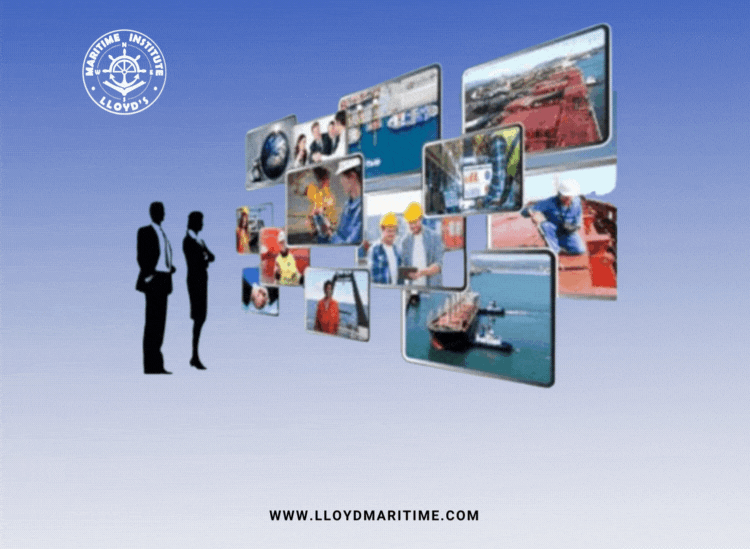Ship Management and Finance
- Course Program
- Who Should Attend
- Compliance with regulations
- Duration and Teaching Methods
- Course Benefits
- RPL
- Course Content
- Certification
Introduction
Objectives
The training course program provides participants with an in-depth knowledge of the commercial aspects of shipping and commercial law affecting the merchant shipping operations as well as other legal requirements governing the maritime sector. The program balances academic rigor with practical experience in order to serve the needs of tomorrow’s ship managers in the most effective ways.
Participants will gain solid foundations of ship management, maritime economics, ship technology, chartering, maritime law, insurance, risk and strategic management, which are particularly relevant for companies in this sector.
Minimum Entry Requirements
There are no prerequisites for this Course, however, in order to fully benefit from the training, it is recommended that the participants are either new entrants to the shipping industry or professional staff in shipping companies, ship brokers, port agencies, insurance inspectors, banks and similar service organisations can gain a valuable understanding of their customers roles and responsibilities.The comprehensive documentation that accompanies the course has been designed as a useful guide for future reference.
Who Should Attend
The Maritime field is extremely broad and brings about relationships with a variety of people with varying levels of experience from the many different aspects of shipping therefore this Course is suitable for a broad range of maritime related professionals and regularly attracts ships’ officers and shore-based management staff.But the course is also valuable to Classification Societies, Marine Insurers, P&I Club Managers, Port Authorities and Coast Guard personnel amongst others.
The course is conducted online and provides a wonderful chance to build your international professional network without having to afford any travel expenses. Often more than 10 nationalities participate and are introduced to each other thanks to our education portal features.
- Producers, Traders or Commodities Brokers and Suppliers
- Ship agent, Shipbrokers
- Shipowners, Charterers, Shippers and Maritime Attorneys
- Purchasers and Technical Managers and Superintendents
- Captains, Chief Engineers and Ship Staff
- Insurance Company Underwriters, claims handlers, and members of the legal profession
- Service providers, Surveyors, Inspectors, Analysts, Technical advisers
- Practicing cargo agents, Freight forwarders, Shipping Industry starters, cargo consolidators
- Other professionals.
It's very helpful to get the full picture of all actors in chartering, their tasks, rights, obligations and so on. The information was very relevant and helpful.
Mr. Bartolome Ruben : Spain, Manager.
“Since completing my diploma I've got a membership with the International Association of Marine & Shipping professionals, which truly help me, get traineeship with the biggest companies in my country”
Capt. Munir Hussein : Kenya, Operations Assistant.
“I’m quite satisfied of the knowledge gained during the course in Shipping Management. All necessary
Theoretical aspects are perfectly covered – ship handling, bridge team management and Master/pilot information exchange, port control… »
Capt. Domingos KIALA : Angola, Master Mariner.
Course Content
The benefits of studying with the Institute is that you become a Full Member of the International Association of Marine and Shipping Professionals whilst training and you can therefore participate in all Association activities, including face to face courses, seminars and conferences.
Utilise our links with leading companies in the shipping industry and gain access to work-experience placement opportunities.
To qualify the participants as Accredited Shipping Professional, Ship and Operation Managers,
Each subject completed, will see deliverance of Certificate of Completion.
RPL & Skills Recognition
Sometimes an experience is more valuable than a qualification. Thanks to Recognition of Prior Learning or, RPL, now your previous skills, experience and working knowledge can lessen the time it takes you to complete a course and get you working towards your career goals faster. It can be difficult to find the time and effort to fit an entire course into our lives, especially for those already working and juggling other commitments. Despite the convenience of online courses, there can still be an issue with time. This is where Recognition of Prior Learning (RPL) comes into play, where your previous skills, experience or qualifications can shorten the time it takes to undergo a course and allow you to become eligible for qualifications you may not otherwise be able to do. For instance, you can use RPL to claim some but not all credits on a level of the course (for example, to avoid completing a module that covers the knowledge you already have).Sources of RPL
RPL can come from previous study, employment, voluntary work and training courses, including courses and qualifications you didn't complete. RPL is also known as prior learning assessment (PLA) and prior learning assessment and recognition (PLAR).Types of RPL
There are 3 types of RPL you can put towards a qualification:1. Credit transfer
2. Prior certificated learning
3. Prior experiential learning
You can put more than one of these types of RPL towards a qualification.
1. Credit transfer
Credit transfer is when you put credits from a previous higher education qualification towards a new qualification. We can accept credits from qualifications you've completed in the last 10 years.Higher education qualifications include Professional Certificates, Professional Diplomas, Foundation and Bachelor's degrees, HNC and HNDs, and Master's degrees issued after the successful achievement of either web-based distance learning programs or traditional classroom education.
If you started but didn't complete a higher education course or you have a higher education qualification or credits from an educational institution, you may be able to use prior certified learning (see below) instead of credit transfer.
2. Prior certificated learning
Prior certificated learning is a higher level learning that didn't result in a higher education qualification or credits.This can include professional development and employment-based awards, qualifications awarded by professional bodies, non-university higher education, unaccredited institutions of higher education, and university courses you didn't complete.
3. Prior experiential learning
Prior experiential learning relates to knowledge and skills you've gained through previous marine industry experience. For example, through employment or voluntary work.Applying for RPL
The way you apply for RPL depends on the type of RPL you want to put towards your qualification.Before you apply for RPL, you need to have applied for your course or be registered on it. Details of how to apply will be confirmed by the course's RPL advisor.
Applying for credit transfer RPL
To transfer credits from a previous higher education level qualification towards a new qualification, complete this form (.doc) and send it to usma@usmacademy.com.Applying for prior certificated learning and prior experiential learning RPL
To convert prior certificated learning and prior experiential learning into credits you can put towards a qualification, you'll need to put together a portfolio of evidence with your application.To do this, complete this form (.doc) and send it with your portfolio of evidence to usma@usmacademy.com. We'll put you in touch with your course's RPL advisor. Defence forces training and experience:
Some defence forces training and experience have standard RPL credit ratings and won't need a portfolio of evidence.
Getting a decision
You'll get a decision on your application for RPL within 3 working days of submitting your form.If you don't agree with the decision, you can appeal it by emailing usma@usmacademy.com.
How much does RPL cost?
Applying for RPL is free for all of our courses.
Copyright © LLOYD'S MARITIME INSTITUTE LLC. All rights reserved.





















